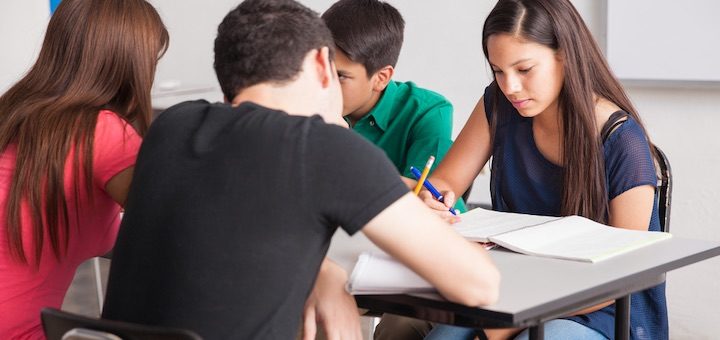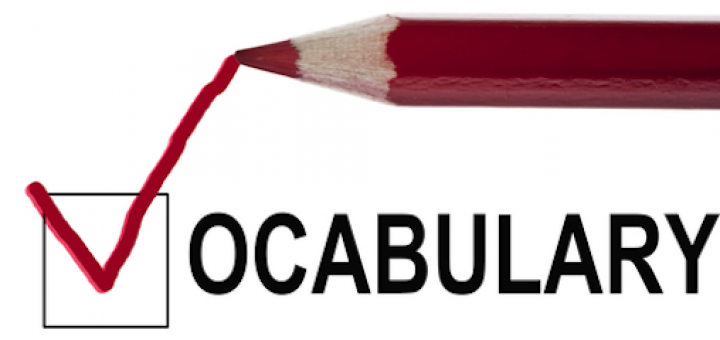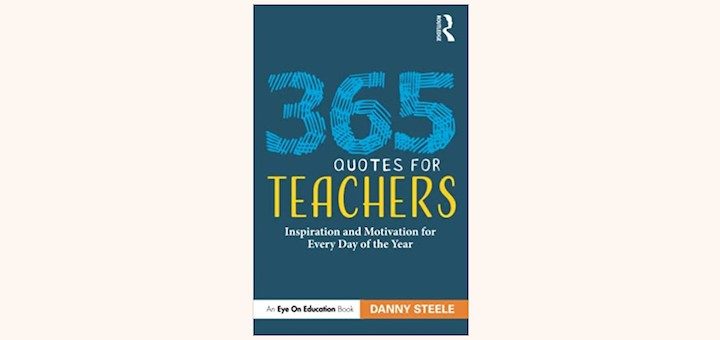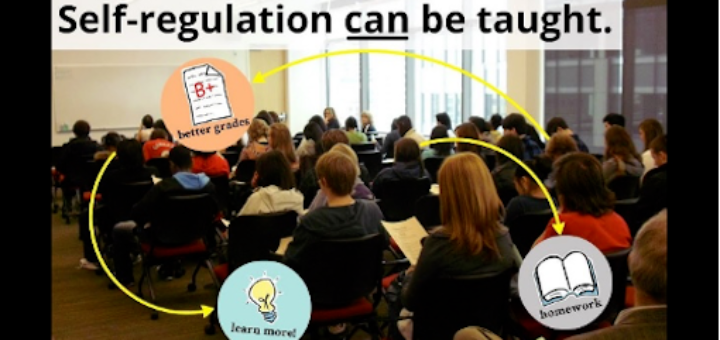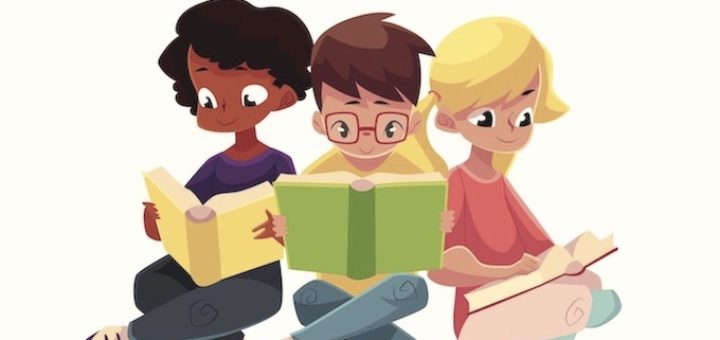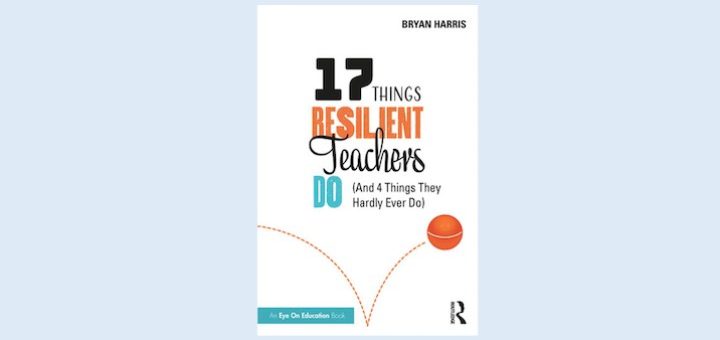Teaching and learning in grades 4-8
Ideally, the “you do together” phase of GRR is a student-led experience that acts as a catalyst for learning. But how often does this kind of student interaction really happen in classrooms? Cummins and Webb consider what teachers can do to foster true collaboration.
Under the canopy of state standards, student knowledge of academic vocabulary counts more than ever, across all the content areas. In this collection, MiddleWeb has gathered together our most helpful articles about the kind of word study that’s time sensitive and sticks in your long-term memory.
At Kasey Short’s middle school, drama teacher Aaron Mize brings students together to experience the creation and the performance of theater. See step-by-step how the middle graders put together shadow puppetry, monologues, workshop-improv scenes, song in a box, and plays.
What promises do we need to make (and keep) so that our students will truly believe they belong in our classrooms and will be safe and cared for there? Middle grades leaders Laurie Barron and Patti Kinney break down the 25 promises they feel have the most impact.
365 Quotes for Teachers: Inspiration and Motivation for Every Day of the Year does what author and principal Danny Steele intends – motivates, challenges, and helps keep the job in perspective. Reviewer Anne Anderson suggests ways to use the book and offers some samples.
When kids struggle to stay on task, reach goals, and take ownership of their learning, they lack self-regulation. Using clear text and video explanations, Amy Gaumer Erickson and Pattie Noonan break down the four components of self-regulation that will help students succeed.
For much of her career, middle level teacher Stephanie Farley felt confounded when students “told me they didn’t understand where their grades came from.” Then her principal set her on a path of discovery that’s led to competency based learning and students eagerly self-grading.
Students with special needs face a particular challenge in middle school. Literacy is crucial to understanding academic content, and for many, literacy is a weakness. Blackburn and Witzel offer strategies to help them see patterns, read fluently, and comprehend information.
Filled with great tips and references in a concise easy-to-access format, Bryan Harris’s book “17 Things Resilient Teachers Do (And 4 Things They Hardly Ever Do)” provides an authentic, must-have resource to build teacher resilience, writes teacher Laura Von Staden.
Although the writing challenges Writing Workshop co-developer Shelley Harwayne designs aim to be rigorous, she tries to make sure there’s an element of joy attached. “When assignments are enticing and engaging, it becomes rather easy for students to do what they’re asked.”

